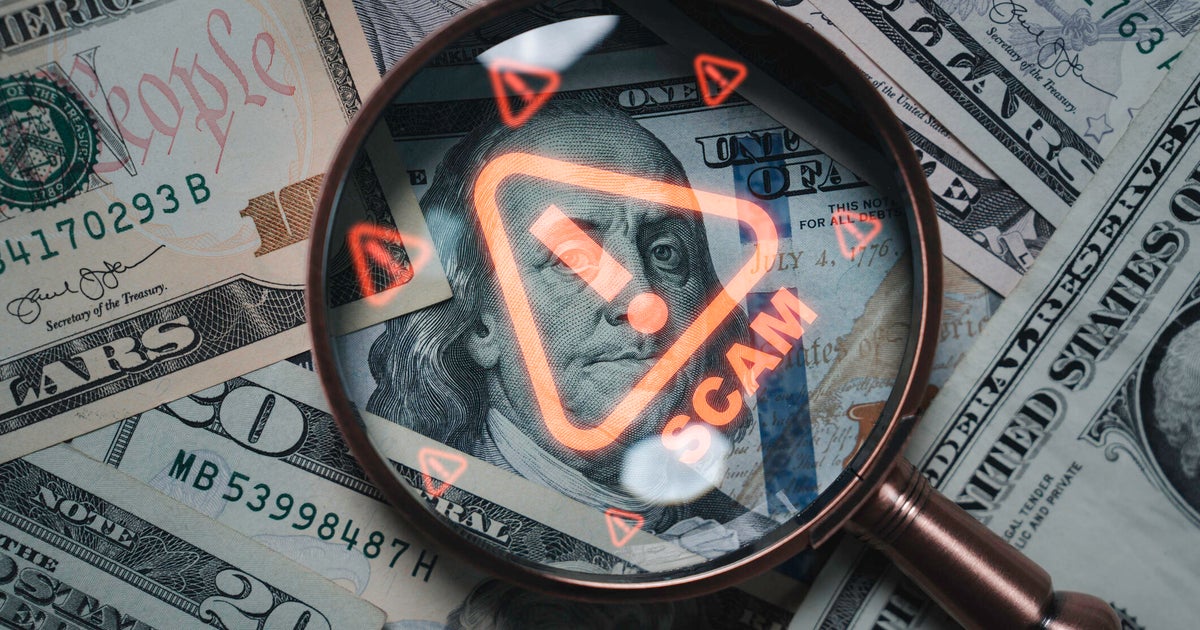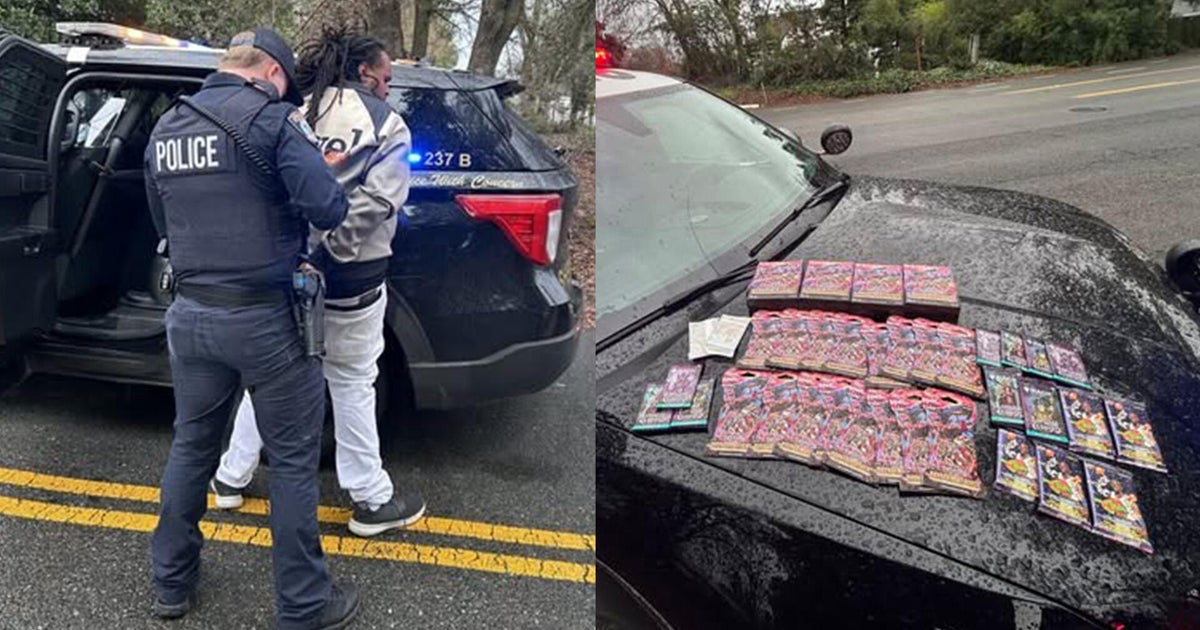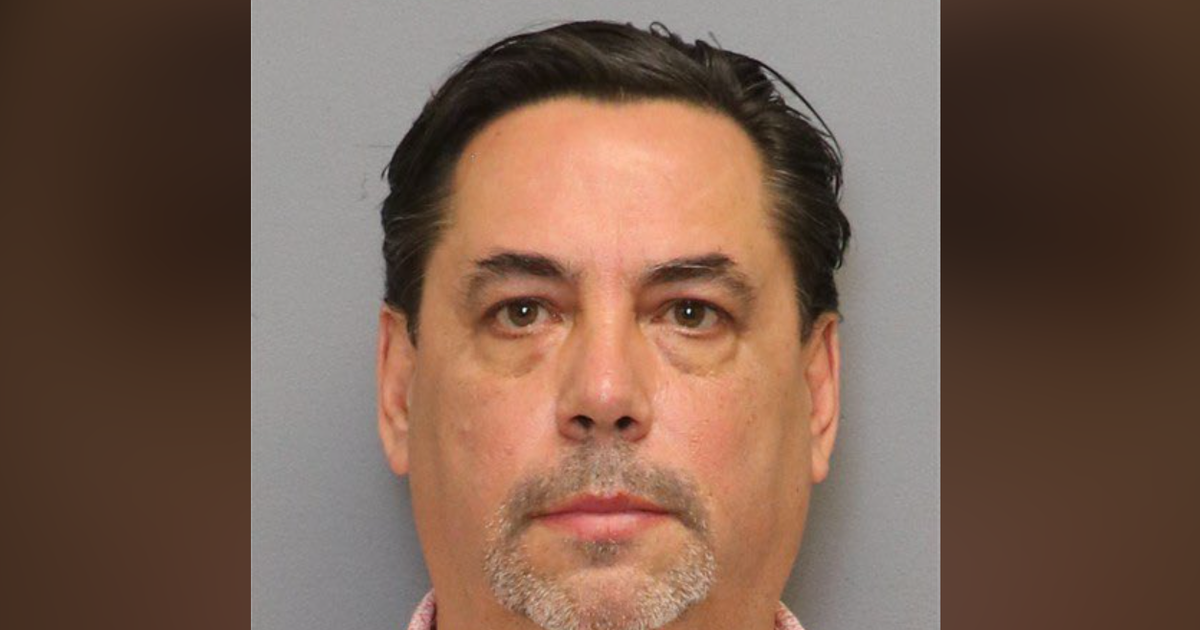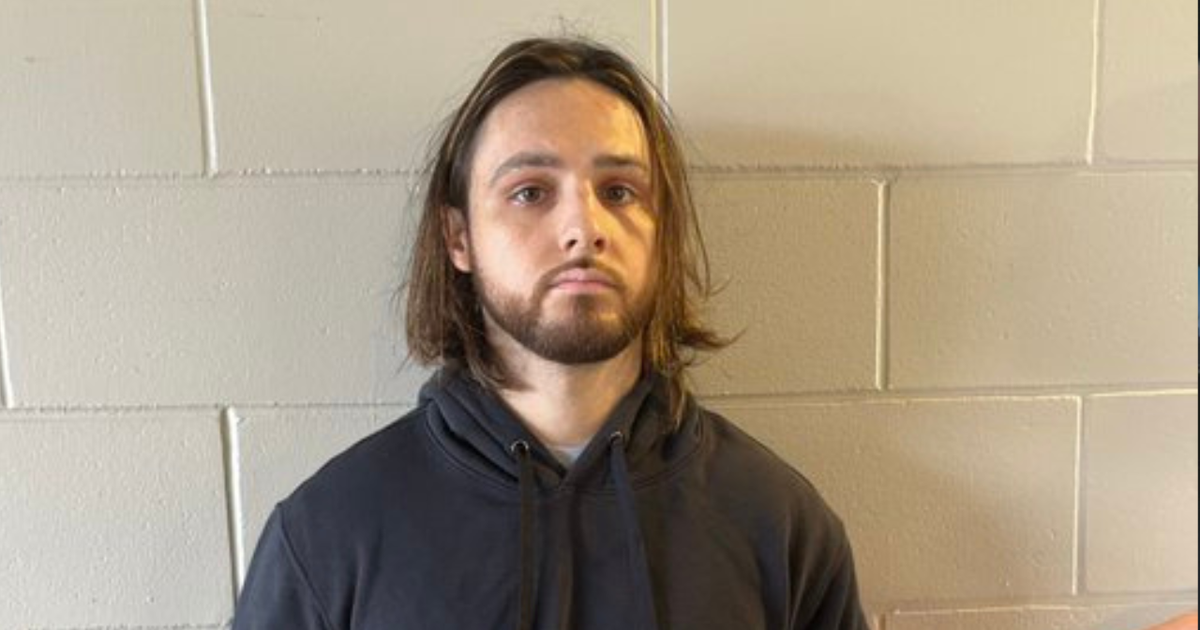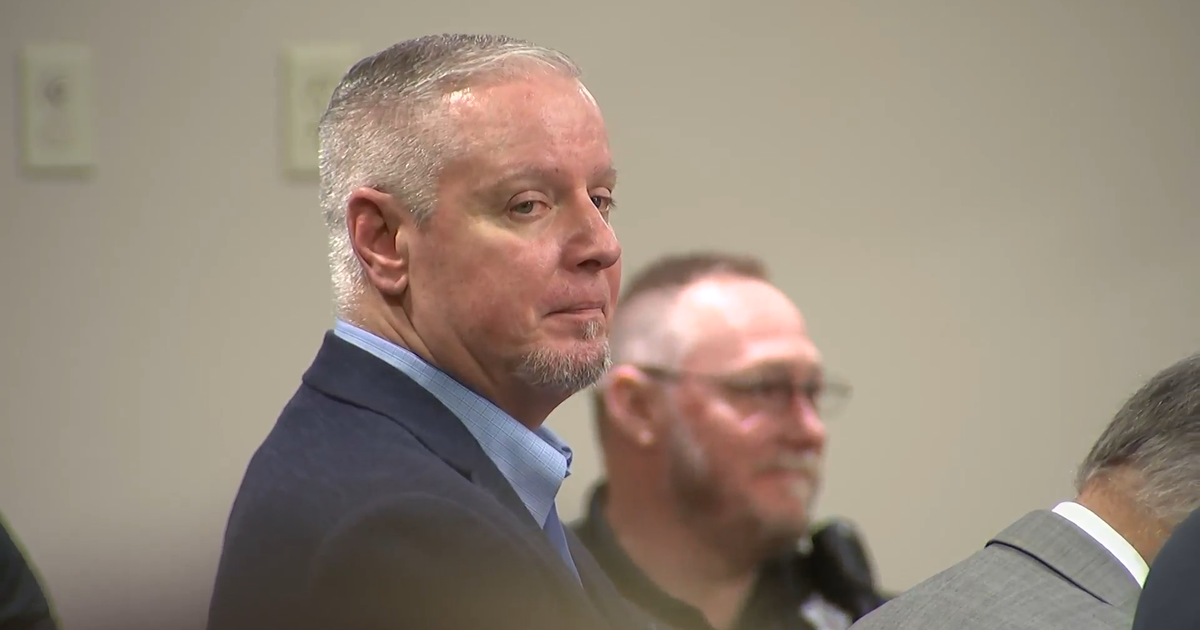Shutting Down Accused Online Brothel Backpage.com May Hurt Law Enforcement
SACRAMENTO (CBS SF) -- There's a law enforcement paradox to Backpage.com, labeled by officials as the largest U.S. internet prostitution ad provider.
California prosecutors label the site an "online brothel" that rakes in millions of dollars from sex trafficking that often includes minors, want to shut it down and send its owners to jail. The site's two founders and its top executive are due in court Thursday to try to convince a judge to dismiss pimping, conspiracy and money laundering charges.
But if prosecutors end up winning their case and Backpage's adult services section goes away for good after it was taken down in January, police and some victim advocates for children used as sex workers say they will lose an important tool to track and arrest sex predators.
Backpage, which also offers non-prostitution related classified ads, often cooperated with police when they needed help investigating suspected predators, said retired New York City Police Department inspector Tim Hardiman, a former sex crimes investigator who is now a technical adviser to "Law & Order: SVU" TV show.
"It was a resource for the good guys, a resource for the bad guys," said Hardiman, who also teaches sex crime investigation classes for police officers.
The site was created more than a decade ago by Michael Lacey and James Larkin, who owned alternative newspapers including the Village Voice in New York City.
Like the old classified sections in the back pages of their newspapers, Backpage.com took ads for regular businesses but soon became the go-to site for ads for prostitutes and people looking for them.
A judge in December rejected initial pimping conspiracy charges filed against Lacey and Larkin and site chief executive Carl Ferrer, citing a federal law designed to protect free speech online by granting immunity to websites that post content created by others.
Prosecutors then added 26 counts of money laundering, saying most of Backpage's revenue came from ads for paid sex. The three men's lawyers are trying to use the same legal argument to get the new charges dismissed.
The adult section still exists without content and has a Backpage saying it was censored. But many prostitution ads appear to have migrated to the site's dating section.
Police nationwide used Backpage ads to lure sex buyers or sellers to hotel rooms for easy arrests. And Hardiman said vice officers could plug the ads into a search engine to track telephone numbers used in suspected prostitution ads. If an ad by the same woman popped up in a variety of cities, police knew there was a strong indication she could be the victim of human trafficking, he said.
The site provided quick but limited cooperation with law enforcement, California Department of Justice Special Agent Brian Fichtner said in court documents supporting the criminal charges. Ferrer immediately removed an adult escort ad when Fichtner identified himself, Fichtner's affidavit said.
No one in law enforcement is suggesting California authorities back off on prosecuting the three but advocates for underage victims of sex trafficking said the permanent loss of the site would have a lasting impact.
Lois Lee, founder of the California-based Children of the Night nonprofit that rescues trafficked minors, said she arranged for Backpage general counsel Liz McDougall to train investigators from several law enforcement agencies how to use the site's ads to build criminal cases against sex traffickers.
Backpage recently committed to reporting suspected child exploitation ads to her organization, which will pass them to appropriate investigative agencies, Lee said. Backpage has also donated $850,000 to Children of the Night since 2013 and prominently featured an ad with the organization's hotline number.
Losing Backpage as an ally "makes it more difficult in terms of identifying the kids that are out there," Lee said.
McDougall declined comment on what she did to help the group, and declined comment on behalf of the three facing charges, citing the ongoing criminal investigation.
The National Center for Missing & Exploited Children annually receives about 10,000 reports of possible child sexual trafficking, mostly from people who see online photos that appear to show children.
Most of those reports involve ads from Backpage and the site regularly forwarded reports of suspected child sex trafficking to the center for investigation, said Yiota Souras, the center's senior vice president and general counsel.
But Backpage often failed to remove the questionable ads and could have been more aggressive about tracking and blocking abusive advertisers posting photos of underage children, Souras said.
She also said she believed Backpage could have done a better job verifying that people posting ads were adults and also could have required people to pay for their ads with credit cards that can provide authorities with financial trails to criminals.
Souras said any disruption in Backpage's online advertising for paid sex is a good thing.
"That's a child that was not sold to be raped that night," she said.
© Copyright 2017 The Associated Press. All Rights Reserved. This material may not be published, broadcast, rewritten or redistributed.
